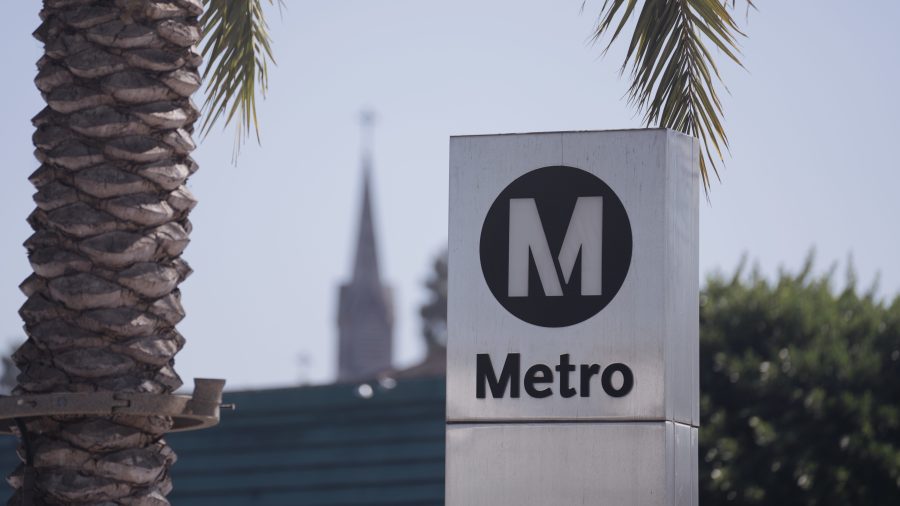LA Metro riders would like the transportation agency to spend more money on increasing frequency and improving the cleanliness of vehicles and stations, while spending less on private security and local police contracts.
This according to responses collected from LA Metro’s annual My Metro Budget interactive online tool, which collects rider feedback by giving users the chance to tinker with LA Metro’s budget and allocate funding where they see fit.
The My Metro Budget tool went live last October, giving the public the keys to the 2026 Fiscal Year budget. The overall budget could not be adjusted, including removing funding from projects currently under development, and any increase in one department would require a decrease in another. But, otherwise, users were in complete control.
The results were released mid-June, and this is what happened.
The main targets for increased spending were in cleanliness and maintenance. The biggest budget retooling came with bus stop cleanliness, which saw an average increase of over 21% from its current modest allocation. Despite the percentage increase, it was only about $834,000 added to the current budget.

Behind that, the biggest percentage budget increases were directed toward homeless and mental health outreach (11%), and the Open Streets Grant Program (10%), which temporarily closes surface streets to vehicles to allow for pedestrian and cyclist use.
The largest overall increase based off total spending was directed toward rail service, including increased service frequency, which accounted for a $5.9 million increase on average, about 2% increase from its current budget.
On the flipside, law enforcement saw a decrease in support, experiencing the largest reduction in funding, dropping 7% on average by users, or about $13.6 million. The use of local law enforcement agencies to police the LA Metro system has been a topic of transit users and activists, who have questioned the effectiveness of the multi-billion-dollar contracts, as well as raised concerns about equity of enforcement on a publicly funded service.
These complaints, echoed by many on the Los Angeles County Metropolitan Transportation Authority board, led to the decision last June to create a transit-focused law enforcement agency specifically for the Metro system. That agency is expected to be slowly established over a five-year period.
Bus service received the second-largest cut from an overall budget standpoint, reducing around 1% on average, amounting to a decrease of around $9.1 million.
Metro Micro, LA Metro’s experimental short-trip, on-demand ridesharing service saw the second-largest decrease in funding by percent of its current budget, decreasing by about $2.35 million (6%) on average.
Like law enforcement, Metro users also targeted funding for private security, reducing the budget by about $2.2 million on average, about 5% of its overall budget.

Other ongoing projects, including tap-to-exit at some stations, and updated, higher security faregates at others, also received significant approval from users. In total, 46% of users want tap-to-exit expanded to all 56 existing and future stations, with 27% supporting its use at end-of-line stations. More than half of respondents (58%) said they supported the taller faregates being installed at all stations, versus 42% wanting it to be limited to the three stations where they can be found currently.
More than 85% of respondents said they wanted Metro to continue finding ways to improve cleanliness and safety at its stations.
Advertising was also a topic of interest, with 37% support for allowing commercial renaming of Metro stations and other programs, as well as some support for allowing beer (31%) and cannabis (24%) advertisements on the system. Around 8% voted in favor of removing all advertising that cover bus and rail windows.

LA Metro says more than 6,400 people participated in the interactive budgeting exercise, an increase of more than 2,000 from the previous year.
Among those respondents, 78% said they take Metro trains or buses at least once a week.
LA Metro thanked the users and non-users who participated in the budget exercise, and said the agency’s leaders are still interested in hearing how they can continue to improve the system and the rider experience.
For more information about the My Meto Budget results, as well as a survey to provide feedback on the project, click here.
